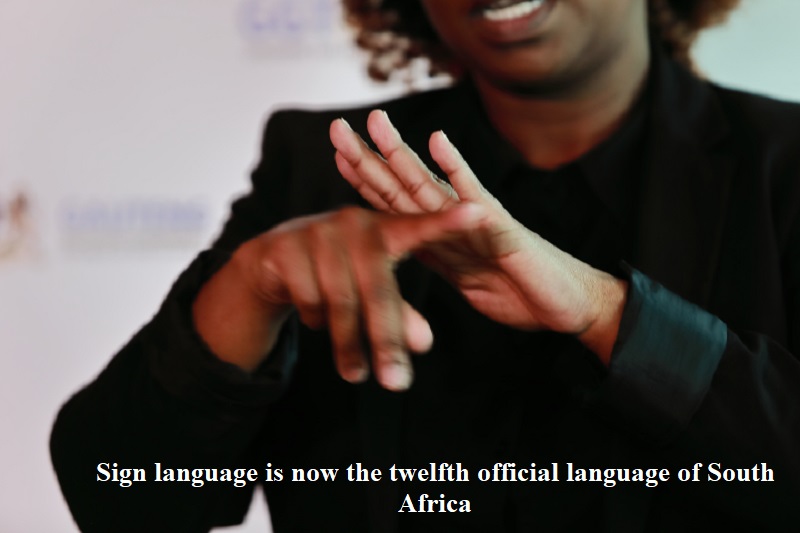
South Africa has officially recognized sign language as its twelfth official language. This makes South Africa the fourth country in Africa, following Kenya, Zimbabwe, and Uganda, to take such a step, according to a report by the news agency PTI on Wednesday (July 19). South African President Cyril Ramaphosa signed an amendment to an Act to grant sign language the status of an official language in the country.
Speaking at a ceremony at the Union Buildings in Pretoria, President Ramaphosa emphasized the significance of South African Sign Language (SASL) as a vital communication tool for citizens living with disabilities. He stated that this decision would further empower the deaf community. “To empower people to use their language is to affirm their humanity and their existence,” he added.
President Ramaphosa highlighted that with the recognition of SASL as an official language, many barriers between hearing and deaf citizens would be addressed. This recognition would help in providing better access to education, economic opportunities, and various social services for people with hearing impairments. Public information would also become more accessible to them.
The new legislation aims to promote the cultural acceptance of SASL, protect the rights of deaf and hard of hearing individuals, and ensure equal treatment and dignity for them, in line with Section 9 of the Constitution, which guarantees inclusive and substantive equality and prohibits unfair discrimination based on disability.
The presidency had previously stated that SASL is an indigenous language that holds a significant place in South Africa’s linguistic and cultural heritage. It has its own distinct grammar and vocabulary, independent of any other language.
By officially recognizing sign language as an official language, South Africa is taking a significant step towards inclusivity and accessibility for its deaf community, and it marks a crucial milestone in their linguistic and cultural recognition.

Post Your Comments